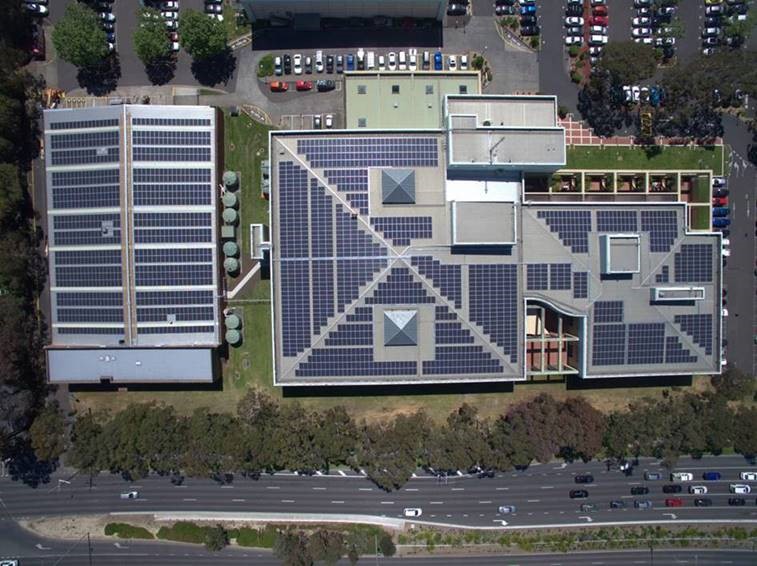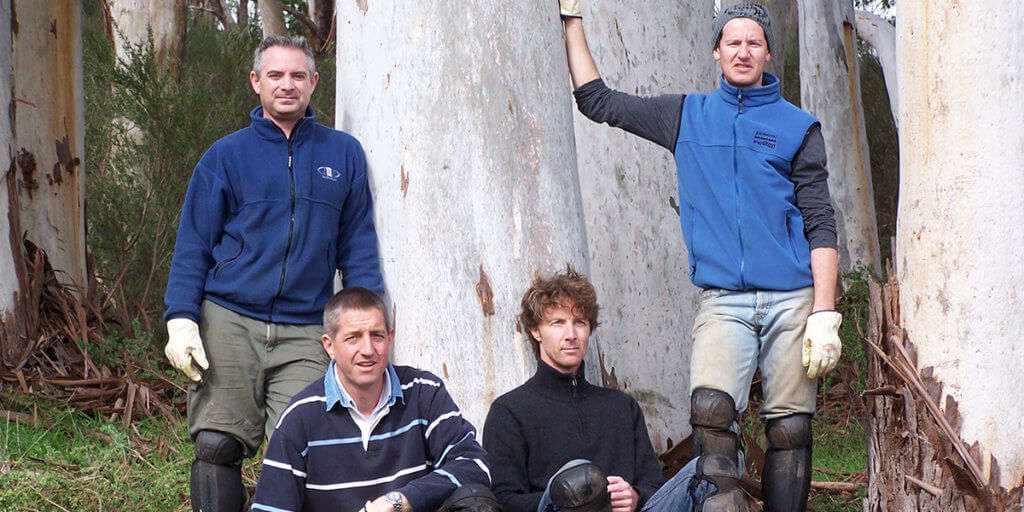National Australia Bank
Member Story
National Australia Bank (NAB) is a financial services organisation that provides a comprehensive and integrated range of banking and financial products and services, including wealth management with operations in Australia, New Zealand, parts of Asia, the United Kingdom and the United States.

Certification goals
The drive to become carbon neutral came from NAB’s leadership team as well as its employees, customers, suppliers and the community. NAB has focussed on energy efficiency, switching to less emissions intensive fuels and purchasing renewable energy and carbon offsets.
Over the years NAB’s emissions reduction activities have varied from significant infrastructure installations to changes in equipment and fittings. They have installed a tri-generation system at its main data centre, solar panels on over 70 branches, and LED lights.
NAB also installed more than 2,200 solar panels on its main data centre to reduce grid electricity use and to generate large-scale generation certificates (LGCs).
Highlight
NAB was the first Australian bank to become carbon neutral certified with Climate Active
Certification type
Organisation
Founding member since 2010
Impact
With more than 12 years of carbon neutrality, NAB’s emissions savings are the equivalent of taking about one million cars off the road over a year
“NAB’s carbon neutrality has fostered a sense of pride amongst our colleagues and is a point of attraction for retaining talent, and an area of interest to new NAB graduates. Carbon neutrality has led to NAB being invited to partner with research agencies and develop thought leadership positions.”

Despite an increase in demand on NAB’s data centres as customers move to connect digitally in a 24/7 environment, since the emission reduction program commenced in 2007, we have seen a 44% reduction in NAB’s Scope 1 & 2 GHG emissions.
NAB’s carbon neutral program has delivered significant cost benefits with energy efficiency initiatives implemented in 2019 estimated to deliver ongoing annual cost savings of around $400,000.
In addition to acting on the efficiency of their own operations, being carbon neutral means that they can have informed conversations with clients and understand the complexity in the process and can meaningfully advocate to clients.


